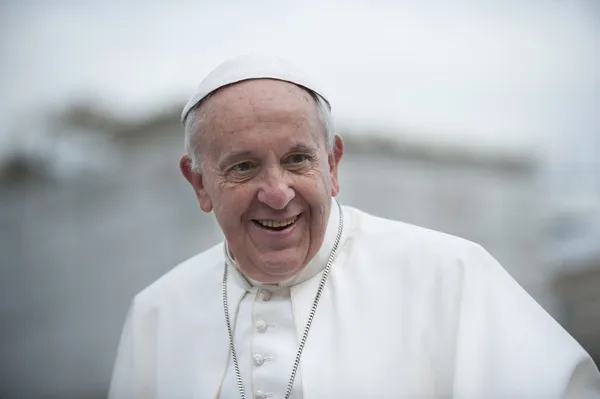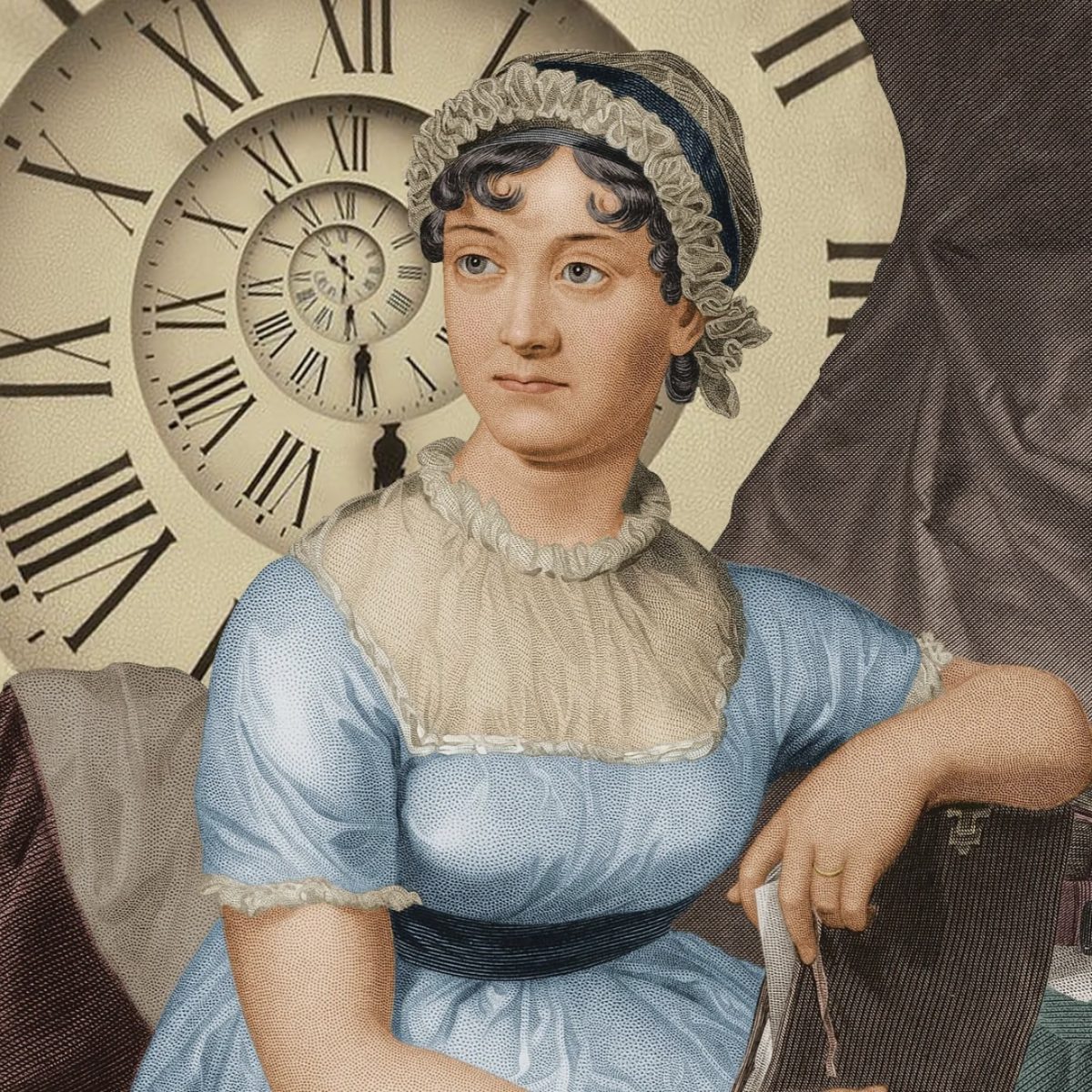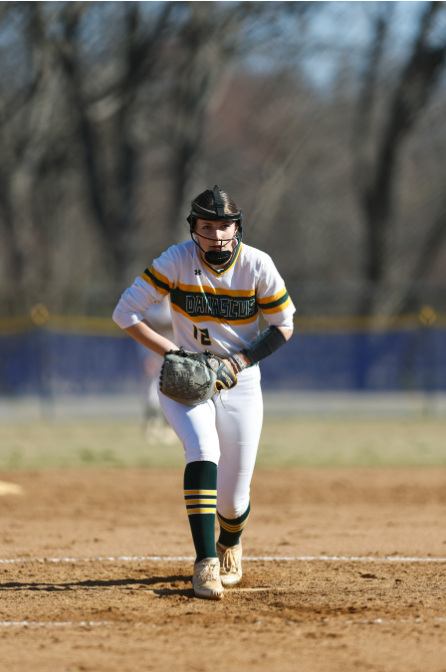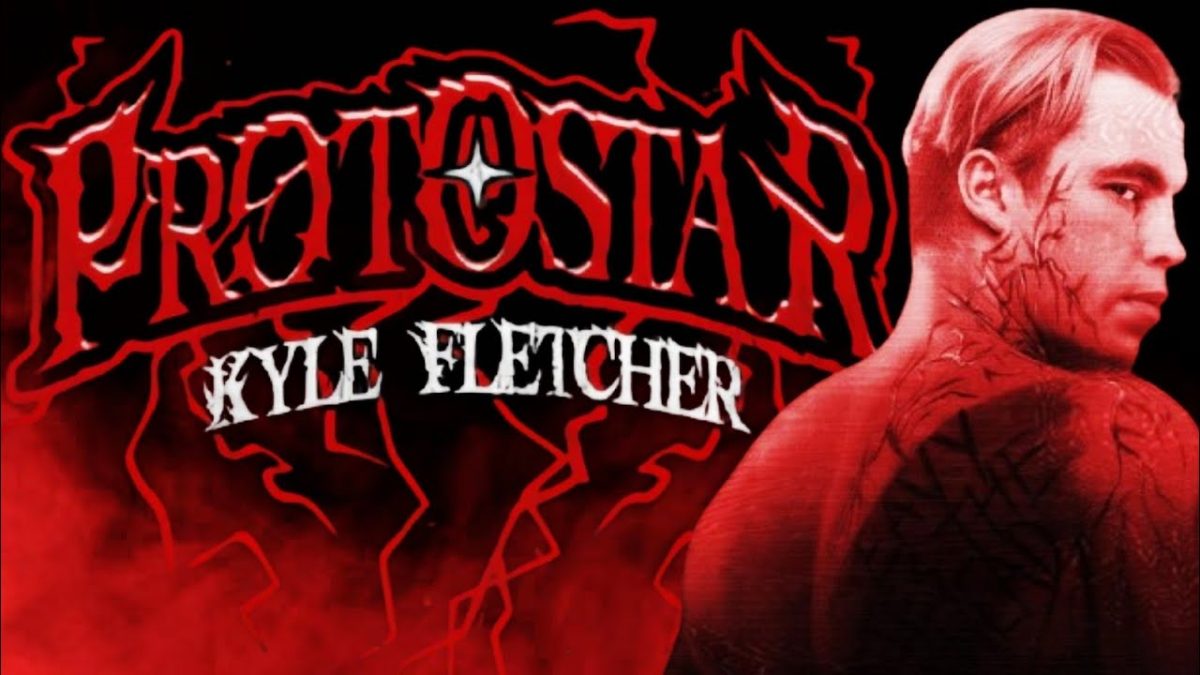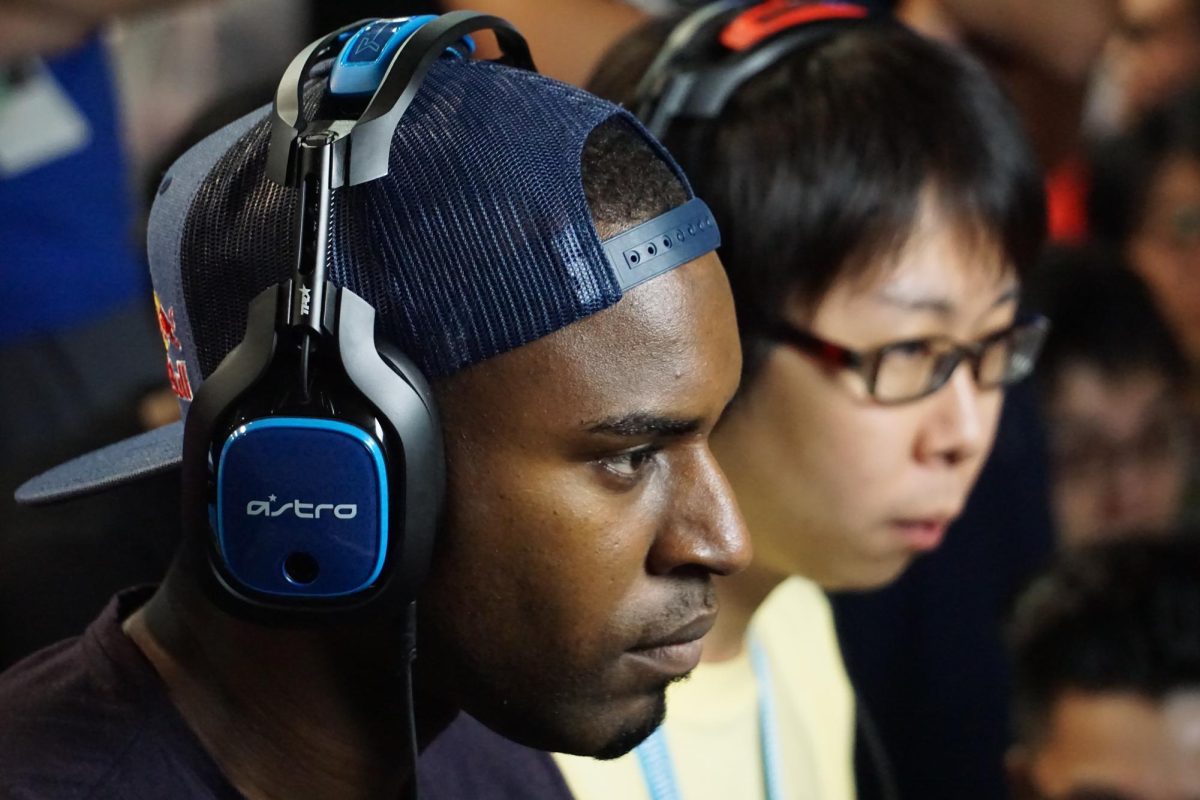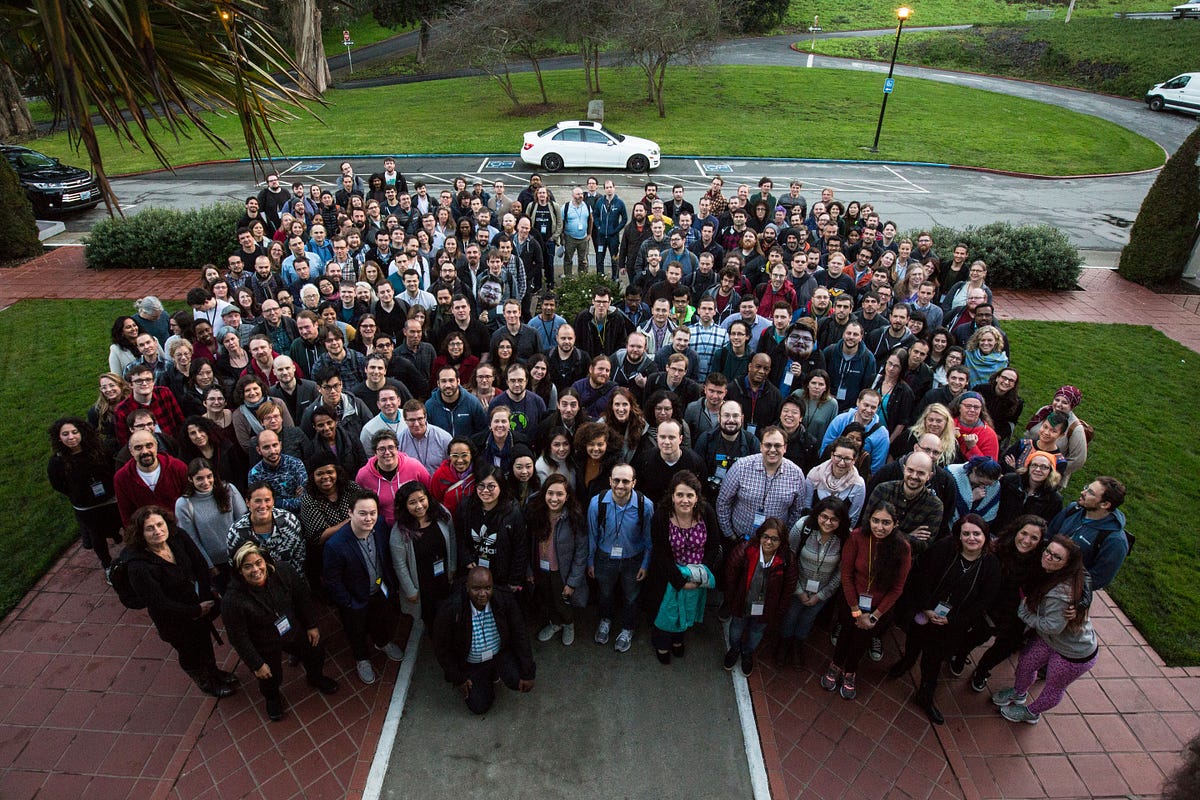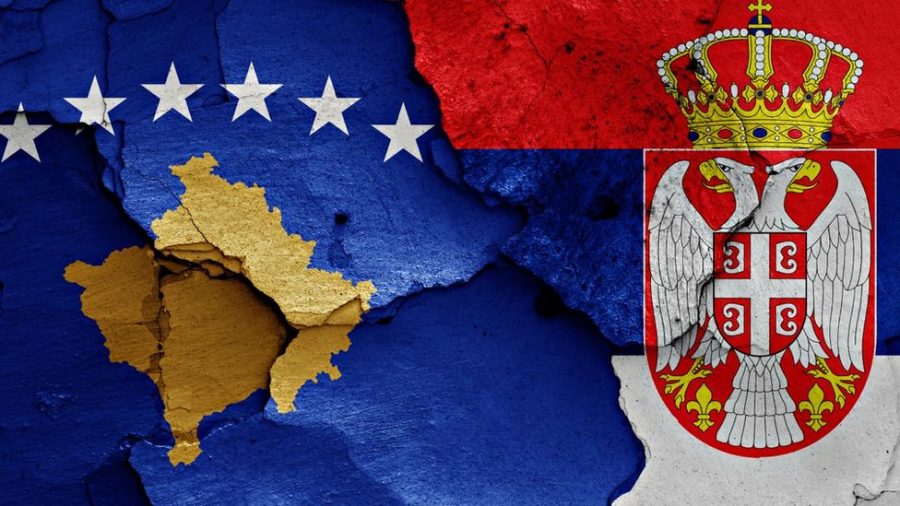Controversy Cup
Once an autonomous province of Serbia, the Kosovo rebellion started in the early 1990’s and now the country holds its independence but tensions are still high among people from both regions.
December 2, 2022
Unless you’re living under a rock, you’ve heard something about the World Cup, a quadrennial tournament among the world’s best fútbol/soccer teams by nation. It’s a fun and competitive time for everyone, especially devoted fans of the sport. However, at times fans can become too competitive, and friendly rivalries can lead to political banter and offensive outbursts. This was the case during a match between Serbia and Kosovo, two nations that have had their differences (to put it lightly) in the past.
Flags bearing the phrase “No Surrender” printed over an old map of Serbia were spotted in the Serbian locker room. Flags displaying the same words and map were also waved around by fans during the match. The phrase is known by many European countries as Serbia’s motto during the atrocities they committed against Kosovo. The fans’ actions were considered to be distasteful because the map still had Kosovo depicted as a province of Serbia. FIFA was forced to get involved due to the offensive and controversial nature of the situation and charged the Serbian Soccer Federation as a result.
Shortly after WWII, Kosovo was incorporated into the Serbian Kingdom, until Kosovo wanted to declare its independence from Serbia in the 1990s. Serbia defied this idea, and in 1998 the two nations partook in a war against one another. More than 25,000 Kosovans were killed or injured during this war and suffered for the following decade after the war until they could declare their independence from Serbia in 2008.



